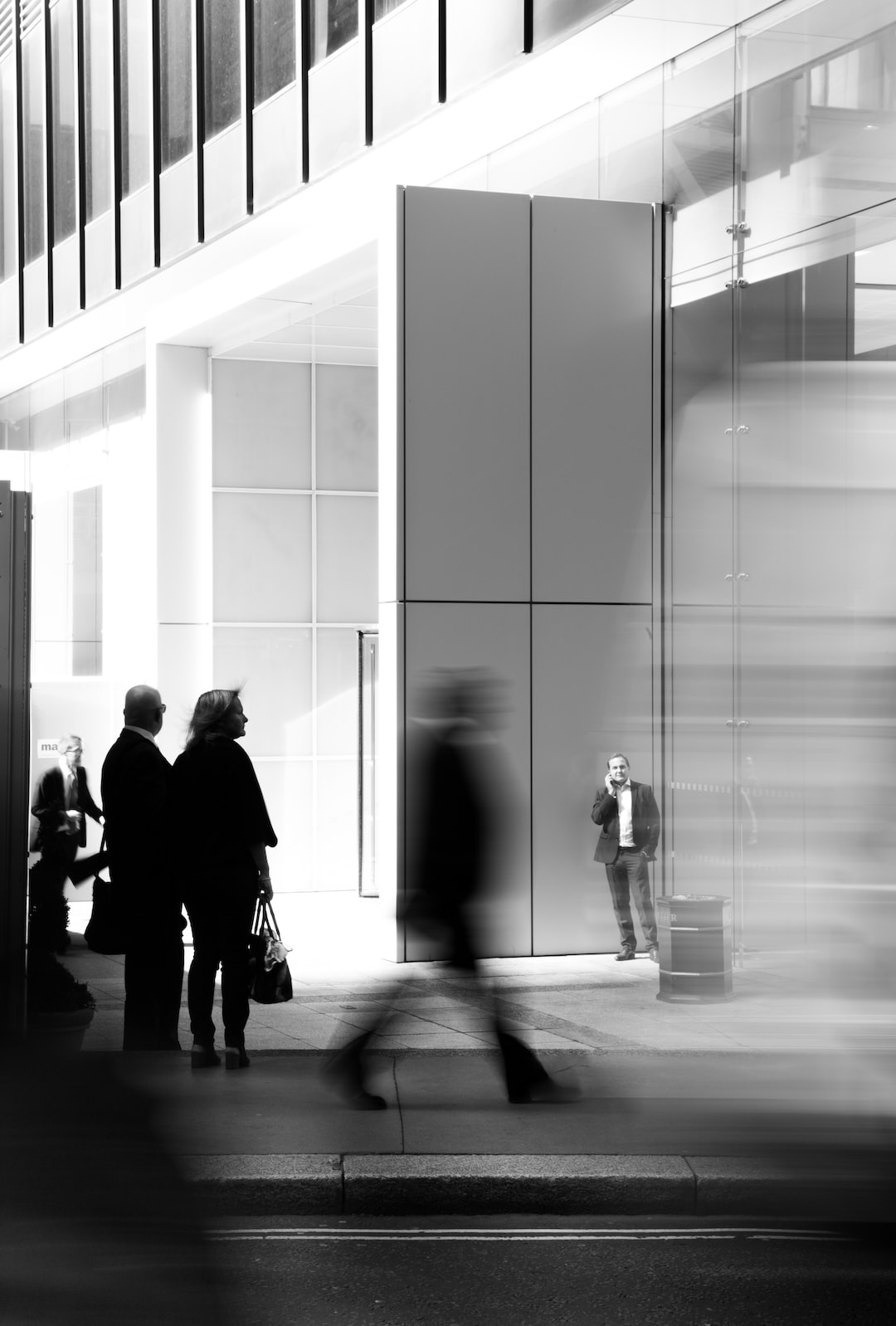Religion and politics have been intertwined for centuries, and while the two may seem like they are on opposite spectrums, they have influenced and affected each other throughout history. However, when religion and politics are mixed, it can become a dangerous combination.
Politics is about governing a country or state, whereas religion is about personal beliefs and moral values. Mixing the two can lead to conflict and make it challenging to govern fairly. Religion can influence a politician’s decision, which can be seen as biased, and can marginalize or discriminate against others who do not share the same beliefs.
History has shown us some of the consequences of the dangerous mix of religion and politics. The Crusades, a series of religious wars fought by European Christians against Muslims in a bid to retake the Holy Land, are an example of how religion and politics have intertwined in the past. These wars were fueled by religion and resulted in the slaughter of countless people, including women and children.
Another example is the Thirty Years’ War, which was fought between Protestants and Catholics in the 17th century. This was also fueled by religion, and it is estimated that eight million people lost their lives during the conflict. These examples show how dangerous it can be to mix religion and politics.
When it comes to politics, religion can be a divisive issue. Political leaders can use religious beliefs to persuade people to support their policies, which can lead to discrimination against people who are not of the same faith. This can create a toxic environment, leading to hate crimes, discrimination and in extreme cases, even terrorism.
One of the most significant dangers of mixing religion and politics is the potential for leaders to abuse their power. In many theocracies, religious leaders hold significant power and can enforce their own beliefs onto the people, leading to a lack of freedom and civil liberties. These leaders may also sanction violence and discrimination against others who do not follow the same faith.
In conclusion, while religion and politics have been intertwined throughout history, it can be a dangerous mix. The consequences of mixing religion and politics can lead to conflict, discrimination, and abuse of power. It is essential to maintain a strict separation between religion and politics to ensure that policies are made in the best interest of everyone. Leaders should be held accountable for their actions, and religious beliefs should not be used to justify discrimination, hate crimes or any actions that may harm others.

